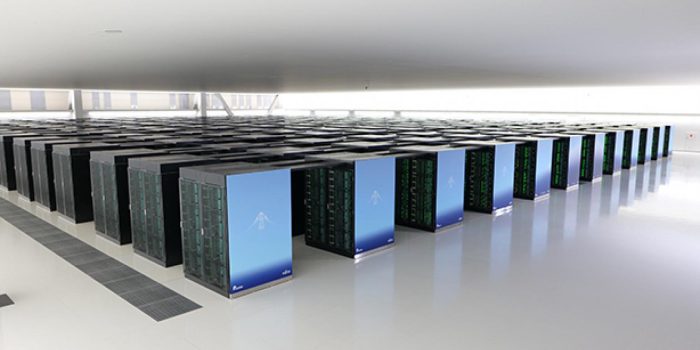Europe is getting ready for the debut of its first exascale supercomputer, JUPITER, which is expected to change the face of high-performance computing forever. This massive initiative, spearheaded by the European High-Performance Computing Joint Undertaking (EuroHPC JU), is anticipated to propel Europe to the forefront of the world’s supercomputing capabilities.
The Joint Undertaking Pioneer for Innovative and Transformative Exascale Research, or JUPITER, is on course to become the fastest and most potent supercomputer in the world. Its remarkable one million times one million times one million mathematical operations per second capability is represented by a “1” and eighteen zeros. This exascale computing power will open the door to novel insights and breakthroughs in a variety of scientific fields, such as quantum physics and climate change.

The supercomputer will become a member of the exclusive group of exascale computers, which is presently made up of just two officially recognized systems: Aurora in Illinois and Frontier in Tennessee. There are rumors, though, that China may possess hidden exascale devices that have not yet been identified or ranked.
The Jülich Supercomputing Center in Germany will be the site of JUPITER’s construction. It will include a novel modular design that consists of a Cluster Module and Booster Module. With around 24,000 NVIDIA GH200 GPUs installed, the Booster Module will use cutting-edge technology to provide enormous processing power for workloads related to simulation and artificial intelligence. In contrast, the Cluster Module will make use of SiPearl’s European-designed Rhea processor to manage intricate operations involving large memory bandwidth.

The collaborative efforts of ParTec, Eviden, SiPearl, and NVIDIA aim to provide the European scientific community with state-of-the-art resources. Philippe Notton, CEO of SiPearl, suggests that JUPITER could potentially claim the top spot on the supercomputer list, but the final ranking will depend on the performance achieved by academics running the machine and the benchmark scores they attain. Notton emphasizes the need to manage energy consumption, given that the operational cost of JUPITER over three years is estimated to be around €500 million, including an annual electricity cost of €100 million.
JUPITER’s installation is set to commence in early 2024, marking a significant milestone in Europe’s quest for scientific prowess. The JUPITER Early Access Program will enable users to test and optimize the system in collaboration with all stakeholders, setting the stage for a revolutionary era in supercomputing.


